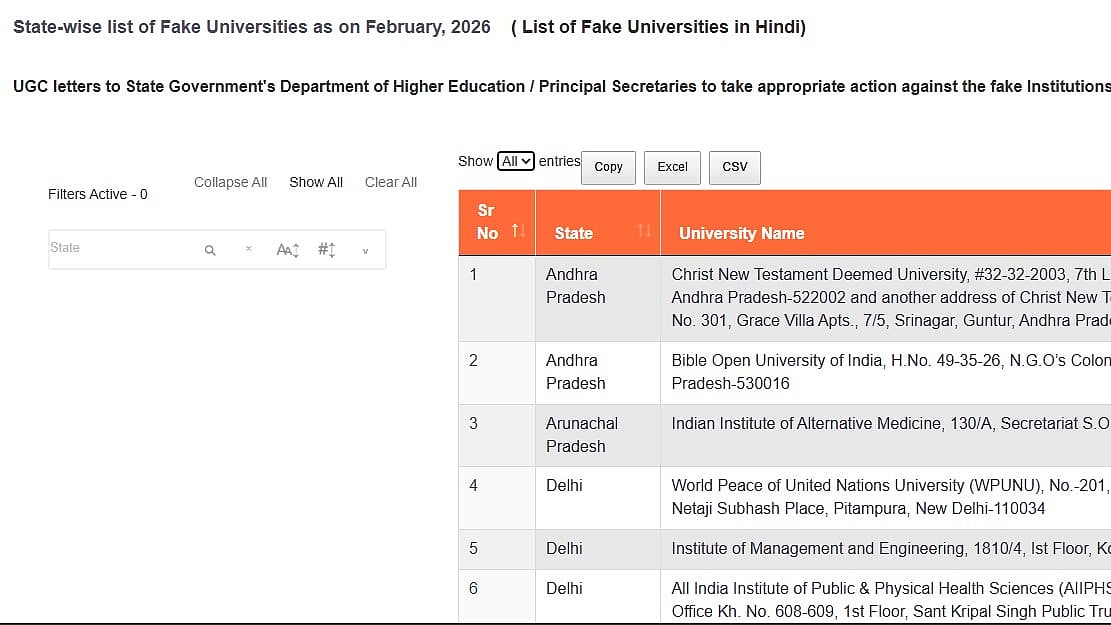As per Forbes magazine, nearly 400 million individuals in India have zero access to health insurance. Around 70% of the population is estimated to be covered under public health insurance (bulk of them under Ayushman Bharat scheme of the central government) or voluntarily private health insurance. The remaining 30% of the population — over 40 crore individuals — are devoid of health insurance.
Health insurance in India is largely hospitalisation-centric, thus covering only patients in extremis. Senior citizens are the worst hit with many of the geriatric ailments excluded. Cataract for example is fobbed off with a pittance, for a typical cap of Rs 20,000 per eye subject to a limit of Rs 30,000 for both eyes, and knee cap replacement and dental implants in the negative list — while all these are what beset the old in the autumn of their lives.
It is not as if the younger ones get a better deal. While the premium is initially fixed based on the age, health condition, sum assured and the annual renewal premiums remain constant for the first five years, trouble starts after this honeymoon period. Premiums go up steeply once the insured gets into the successive age brackets. These age brackets are typically 51-55 , 56-60, 61-65 etc. However, insurance companies are found to be resorting to the practice of hiking the premiums even before the insured gets into the next age bracket, citing medical inflation. Abnormal post-Covid rise in cost is glibly cited even today after the dreaded epidemic has lost its virulence. One wonder what is the sanctity and purpose of tariff rates filed with the Insurance Regulatory and Development Authority of India (IRDA) and what IRDA does with reference to such premium hike proposals.
More brazenly, insurers get emboldened to unilaterally discontinuing the existing plans and forcing the insured to a higher/better plan (offering tokensim like additional air ambulance coverage for example) without taking the insured’s consent and forcing him to accept the higher plan — which comes with disproportionately higher costs with illusory / marginal benefits. Should not IRDA be fair to the insured and give an option to continue with the existing plan instead of winking at the forceful migration to the so-called higher plan.
While porting is supposed to deter highhandedness of the insurers, it is made available grudgingly and not as a matter of right. Unlike telecommunications where porting is unrestricted and a subscriber is free to choose the telecom operator and get himself migrated to a new operator, health insurance porting is limited to companies which are open to taking into their fold the disgruntled insured of their competitors. While not keen on taking customers through the porting mode, they at the same time spare no opportunity to woo them through other means. IRDA should sit up and not only take notice but make porting a right of the insured.
And above all, no-claim bonus is conspicuous by its absence in the health insurance segment while it is available for cars for example. To be sure, a few insurers reward no-claims with an enhanced health cover but for a price. Small wonder, there is a considerable disillusionment with health insurance with chastened and bitter policy holders having second thoughts sooner or later about renewing their policies with odds stacked against them.
The well-heeled can always take care of themselves without health insurance. Employees fortunate to enjoy group insurance cover provided by employers too have nothing to worry about. In fact, group insurance is win-win for all the three — insurers get business, employers wangle a fat discount thanks to the large deal, and employees’ morale goes up. But the vast middle class without employers’ support has to fend for itself and is driven into taking health insurance, warts and all.
Senior citizens who have to pay through their noses for a measly cover, as well as the middle class left to fend for itself, should think in terms of self-insurance. Airlines and railways often set up their own self-insurance funds in view of the prohibitive cost of insuring their vast fleets. Likewise, they too should squirrel away tidy sums in recurring deposits to be used for family medical emergencies. The advantage should be obvious — health insurance premium goes down the drain whereas recurring deposits blossom into a tidy sum thanks to compound interests to meet emergencies. An analogy is in order. Rent goes down the drain whereas EMI goes to build one’s own house.
Section 80D gives a tax break for health insurance premium paid. While health insurers and hospitals have a vested interest in rooting for its continuity, there is no reason why a self-insurance health fund too should not get a similar benefit. The balance in such bank accounts should be mandated to be available only for payments to hospitals and diagnostic centres, just as the balance in the capital gains account scheme is allowed to be used only for payment to builders of houses. Of course, on the death of such recurring deposit account holders, the legal heirs should be able to cash in.
In the USA, health insurers call the shots by prevailing upon big corporate hospitals to accept the tariff fixed by them. In India, hospitals salivate when a patient with health insurance cover comes seeking a cure. Medical tourism is still an ego-boosting story for the Indian economy and a source of solace for foreigners. But it is time a thought is spared for the poor natives both by the government and the insurance regulator, the IRDA.
S Murlidharan is a freelance columnist and writes on economics, business, legal and taxation issues




